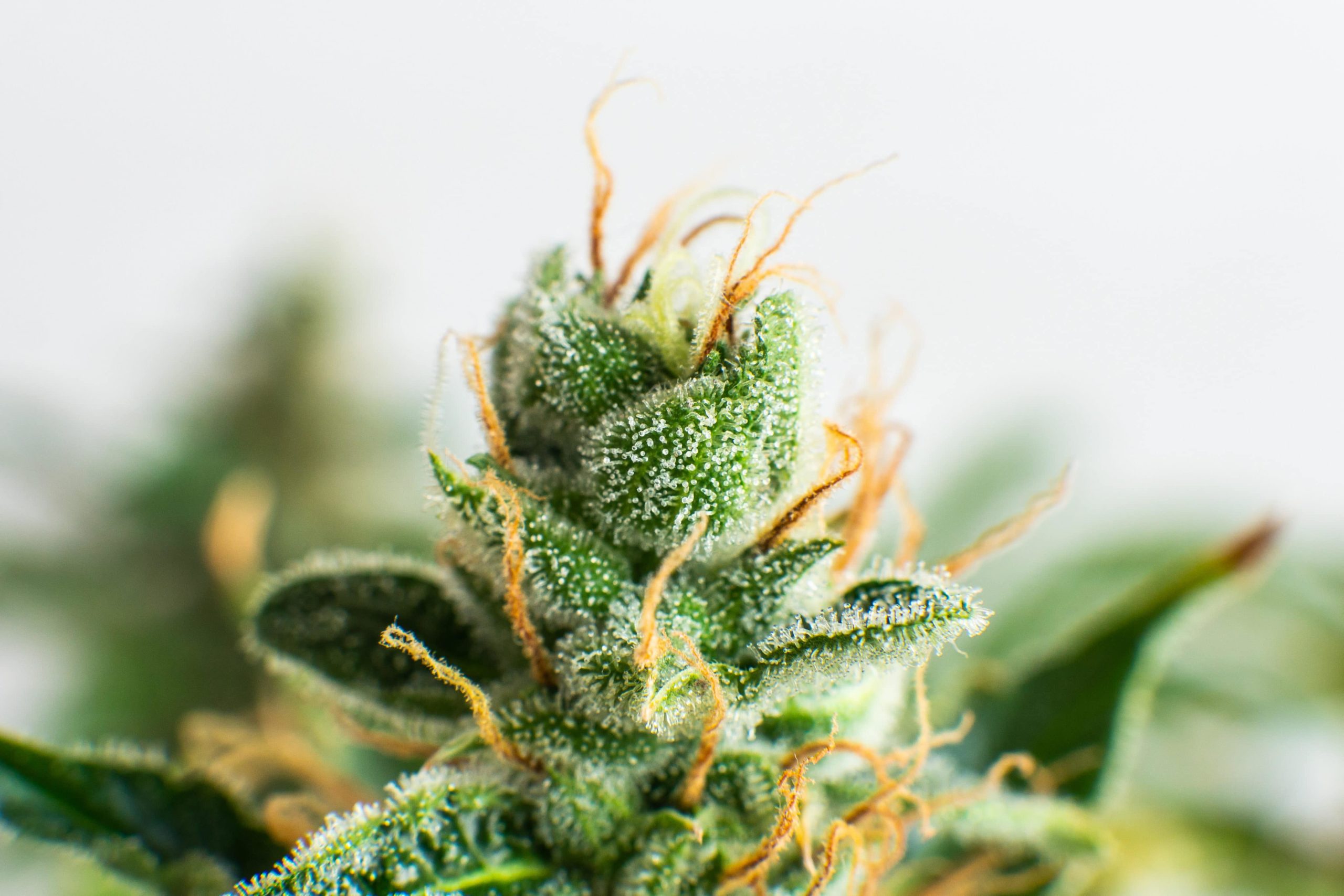
The South African state of Gauteng is building the country’s first cannabis hub
With all the delays and excuses being heard on the cannabis reform frontline almost everywhere else these days, one region of the world has the problem in the fast lane. South Africa’s President Cyril Ramaphosa has just declared in his recent State of the Union address that the country will finally move forward to regulate industry, create jobs and generate much-needed income for the country.
Now comes the news that this country plans to build a multi-billion dollar cannabis “hub” in Gauteng. David Makhura announced that the Vaal River project would include a green hydrogen innovation hub, an aeropolis, an airfield and a steelmaking sector. The four communities in the district have jointly made areas available to create a special economic zone.
Even more intriguingly, there is other evidence that this area of the country, also known for its gold mines, has been exploring cannabis, including for environmental cleansing purposes.
It certainly doesn’t sound like those in power are waiting much longer for things to get going. It is clear that the South African government has identified cannabis as a key economic differentiator for the country in the years to come.
Advancing pending legislation
The Personal Use Cannabis Act is currently moving forward in Parliament, this time with a little more speed. Launched in September 2020, it was delayed by both COVID and arguments over the specifics. However, as it stands, the bill states that an adult may possess cannabis for personal use. Such individuals may also own a limited number of plants, grow those plants in a private place, and if found in a public place, not be charged if that amount is within the law.
Although the law has faced criticism, including for placing a greater burden on the poor who do not have access to such privacy, it is likely to move forward at this point, with political heavyweights now stepping out to back it.
Where this leaves cannabis clubs is another question. Passing the bill, however, means South Africa appears to be on track to both pass legislation and have projects in the pipeline as early as 2023.
Implications and Effects
The South African cannabis discussion is interesting for a number of reasons, if not continents.
The first reason is that this exported crop means money for a country and continent that is now looking to reinvent itself in the 21st century.
Beyond that, however, geopolitically, there is also this intriguing twist. Chinese investments made across Africa have so far focused on building roads and other infrastructure. Given the current climate in China surrounding the cannabis conversation, that pretty much leaves out such investments in Africa (for now). It also means that by focusing on cannabis as an economy and infrastructure hub, Africa could well be the first place where Chinese, American and Canadian money come together and build sustainable, if not green, cannabis-themed infrastructure.
But the meaning of it all will be felt far below. The impact outside of Africa will also be significant, and it is already happening. Israel, Germany and Macedonia are lining up to buy African-grown, medically-certified weed simply because it’s cheaper than growing it domestically. To put all of this into perspective, one can find African cannabis producers willing to pay the price set by the German tender for German-grown cannabis. This means that German manufacturers will not retain a price advantage and all others (including manufacturers from Portugal, Greece and Colombia) will have to lower prices to meet the challenge. It also means that, for the first time, not only the German-Canadian companies that won the first German cultivation tender, but also Dutch Bedrocan across the border are coming under price pressure.
This is good for the medical reform issue in Europe right now, because it also gives the industry impetus to lower prices and thus helps insurers to shed light on the approvals. A bitter battle is currently underway, with insurers now fighting back even if a doctor prescribes cannabis simply because of the cost. What it means for leisure discussion is also an intriguing twist that will no doubt play out over the next few years, particularly in Europe.
African cannabis is certainly a game changer for all of that — in addition to the significant impact it will have locally as well.

Post a comment: